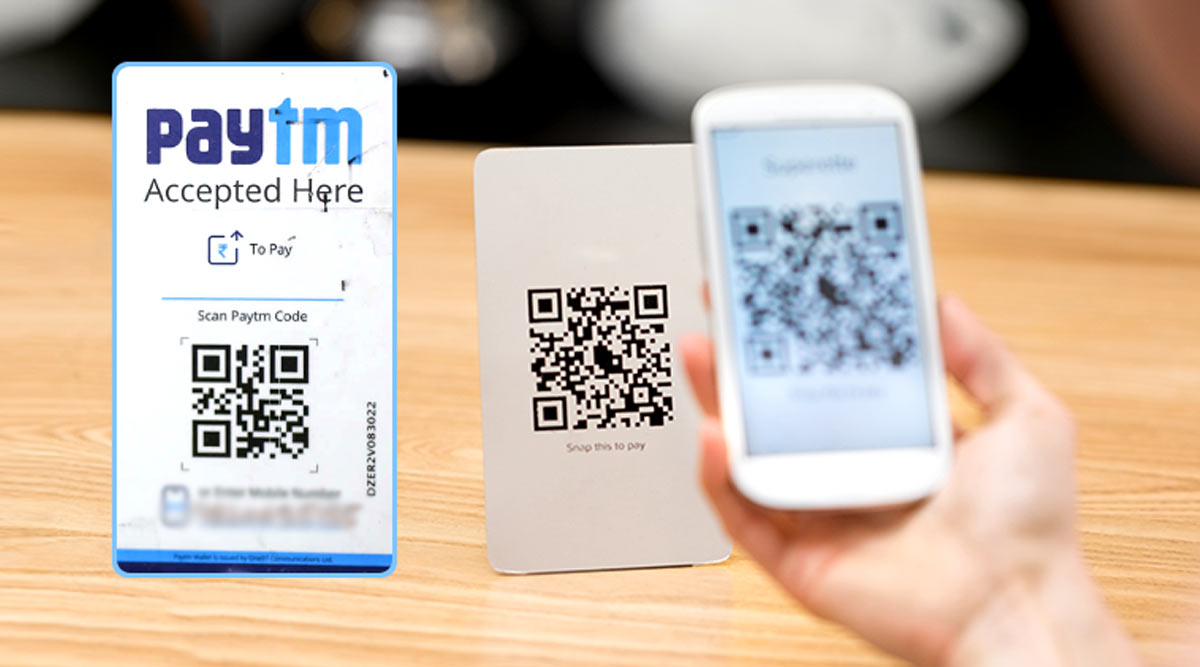“India, you decide if giving cash back is gambling…,” Paytm chief Vijay Shekhar Sharma wrote on Twitter after the application was restored briefly after it was suspended by Google for violation of gambling policies of its Play Store.
The controversy arose after Paytm launched a Unified Payments Interface (UPI) campaign ahead of IPL that involved getting player’s sticker cards on each transaction.
Paytm Cricket Lounge, the sticker game promises a cashback of upto Rupees 1 Lakh on collection of stickers.
Reportedly, this prompted Google to take down the App from its Play Store while Google did not clearly state or specify as to what features of Paytm amounted to gambling as per Google’s policies.
The blog posted by Google only mentioned about non-tolerance of violation of its policies generally. Google had made the statement that Paytm has been suspended for ‘repeatedly’ violating Google’s policies without specifying any details further.
Paytm Chief, Vijay Shekhar Sharma, however, was astonished by this unilateral termination by Google and had expressed displeasure on this act in an interview, according to a report by Financial Express (Sept. 20, 2020).
Hindustan Times (Sept. 18, 2020) reported that Paytm accused Google of exercising monopoly in taking down the app, while Google Play also offers cashback.
This prompted us to examine whether cashback amounts to gambling? And if yes, is the Paytm only App that provides for ‘cashback’?
Cashbacks are incentives provided by companies as a part of ‘app- engagement’ policy that leads to consistent and enhanced usage of the App by a customer. This was originally started to promote digital payments through Unified Payments Interface (UPI) as a substitute for physical banking. The cashback through UPI payments was also encouraged by PM Modi after demonetization while promoting BHIM app. This practice, however, was halted by Ministry of Electronics and Information Technology (MEITY) in 2019 due to low usage of the App.
Shashidhar K.J., Associate Fellow at Observer Research Foundation, in an article authored by him noted that cashback tatctics might result in ‘gamification’ of cashback points to a luck-based lottery system. In fact, certain cashback programmes are not available to Google Pay users in Tamil Nadu as they violate state laws which ban lottery-based systems under the Tamil Nadu Prize Scheme (Prohibition) Act 1979.
The author drew an analogy between ‘loot-boxes’ in video games and ‘cash-back’ design to assert that it may amount to gambling.
However, there has been no independent study as to the cashback designs and operations to state with absolute certainty any of the propositions.
Hence, in the absence of proper study was Google’s unilateral termination desirable? Paytm’s Chief, Mr. Sharma differs from Google on this question. He was of the opinion that cashbacks do not amount to gambling and there are multiple Apps other than Paytm offering cashback.
Financial Express reported Sharma’s statement as, “Google has unilaterally decided it many a times and taken the apps off without listening because they are the judge, jury, defendant and claimant”.
Google Pay’s ‘scratch cards’ versus Paytm’s ‘sticker game’
When Finance Minister Nirmala Sitharaman announced in Budget last year that she intends to bring down Merchant Discount Rate (MDR), the Payments Council of India had warned that it might collapse the payment industry as it would be extremely difficult to acquire merchants to ensure smooth completion of payment transactions. If merchants are going to suffer losses, no merchant would agree to be the part of the process.
This had lead to gradual decrease in cashback offers by Indian payment Apps such as Paytm, while Google continued to scale up its cash back offers and continued to dominate the digital payment sector. The non-application of Indian policies on Google enabled it to keep benefitting from its ‘scratch cards’ offers, which is a cashback system and the entities like Paytm could not compete with such high cash back offers in light of MDR scenario.
Therefore, Mr. Shashidhar K.J asserts in his study that big players in the digital payments market have, in a sense, ‘weaponised’ cashbacks and created a moat around the sector, preventing new, especially smaller players, from coming in.
Hence, Economic Times (Sept. 5, 2019) had reported that the National Payments Corporation of India (NPCI) intends to impose a cap on market share or transaction value of payment entities done through UPI so that non-banking transactions are not concentrated in the hands of giants like Google Pay, Phone Pe etc, and the digital payment ecosystem as a whole does not suffer damage in the long run.
Although not much seems to have been done in that direction, but one thing is clear-Paytm is not the only App offering cash backs and it is a huge competitor for other entities like Google, Walmart etc.
It is high time for the Indian Government to regulate payments done through UPI in order to ensure fair competition in the market and to keep the fair digital payment ecosystem intact.

